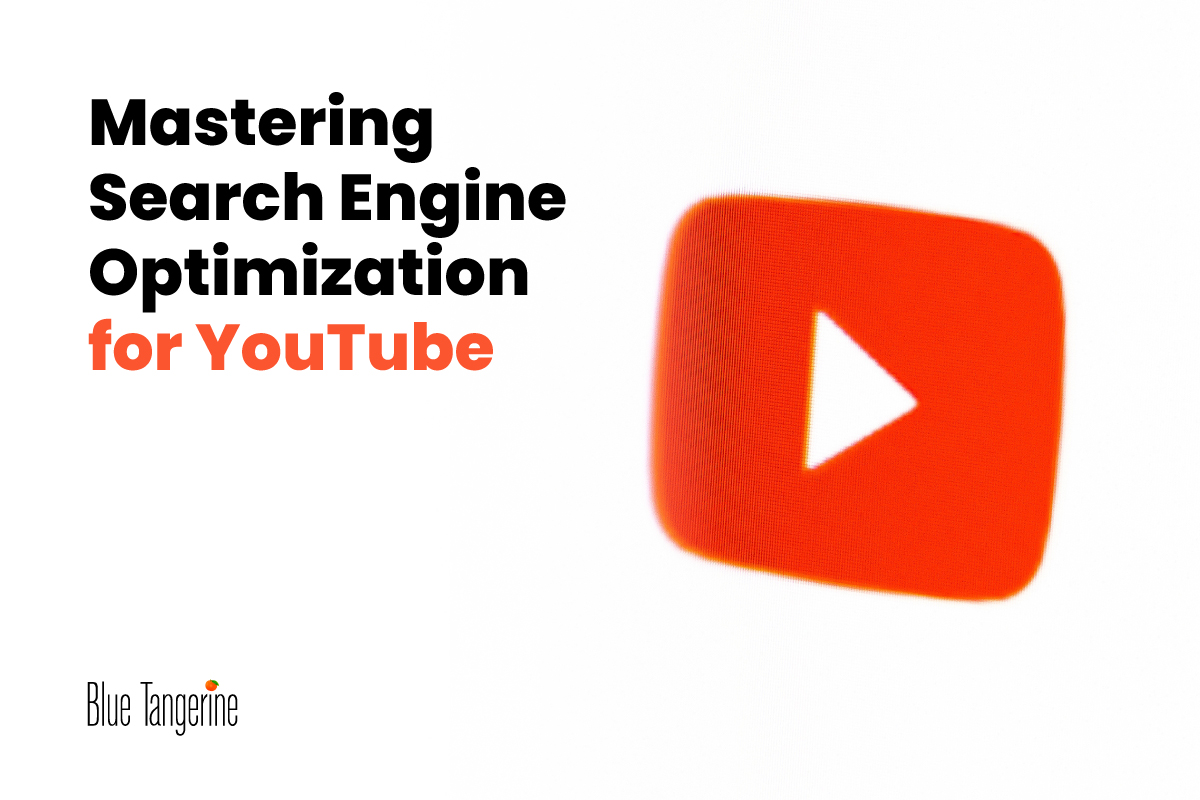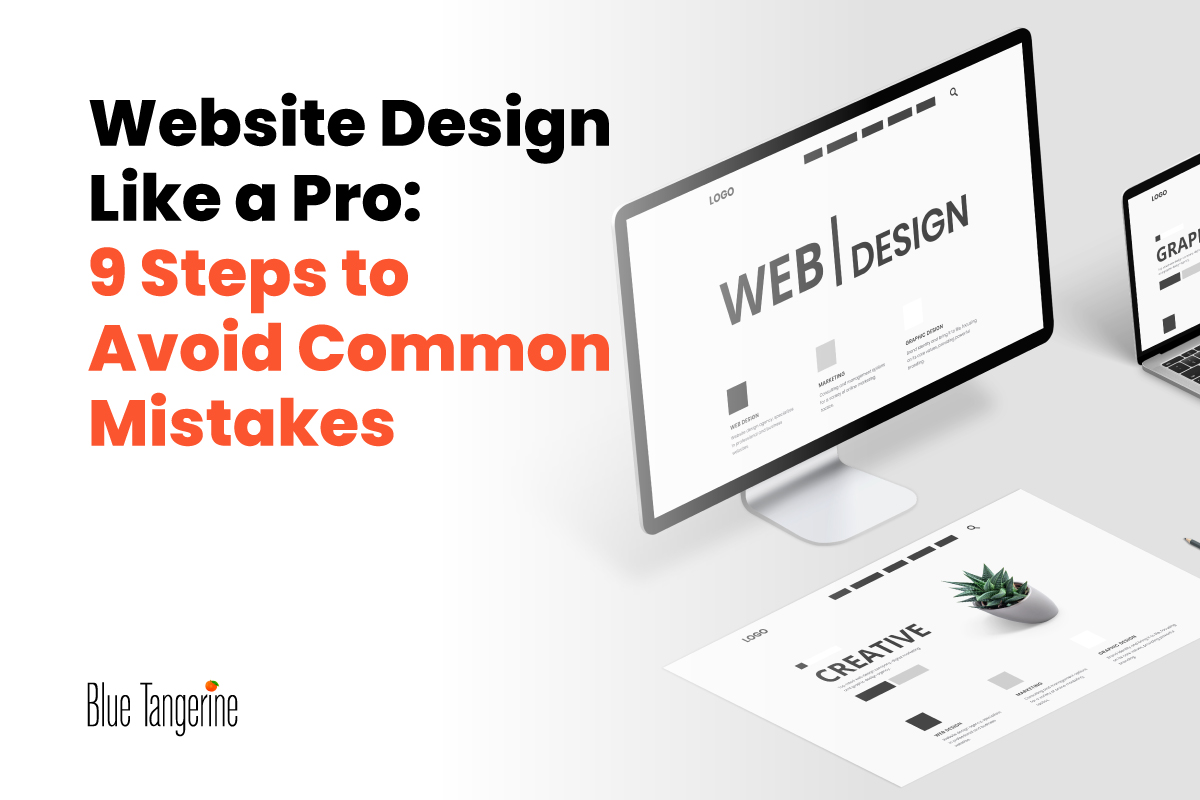What is a Website Design Tool
In today’s digital age, having an online presence is essential for businesses, professionals, and individuals alike. Websites serve as the virtual storefronts of the modern world, allowing users to showcase their offerings, connect with their audience, and conduct business transactions seamlessly. However, building a website from scratch can be a daunting task, especially for those without coding experience. This is where website design tools come into play.
A website design tool is a software application specifically designed to facilitate the creation and management of websites. These tools come in various forms, catering to users with different skill levels and project requirements.
Choosing the Right Tool for You
Consider Your Skill Level
The first step in selecting a website design tool is assessing your proficiency. Are you a coding whiz or a novice in the digital landscape?
Understanding your skill level will guide you to the right tool for your needs.
Novice Users: If you’re new to coding, opt for beginner-friendly tools like Wix or Squarespace. These platforms offer simple drag-and-drop interfaces, perfect for creating websites without any coding knowledge.
Intermediate Users: If you have some coding experience but want more flexibility, consider platforms like WordPress or Webflow. These tools offer customization options while still being user-friendly.
Advanced Users: For those with advanced coding skills, tools like Adobe Dreamweaver or Figma provide extensive customization options and control over the website creation process.
From beginner-friendly drag-and-drop platforms to advanced code editors, more advanced features? Let’s break down the options:
Beginner-friendly tools: For those just starting, platforms like Wix and Squarespace offer intuitive drag-and-drop interfaces that require zero coding knowledge. These tools provide a plethora of pre-designed templates and easy customization options, making website creation a breeze.
Intermediate and advanced tools: If you have some coding experience or want more control over your website’s design and functionality, consider options like Webflow or Adobe Dreamweaver. These tools offer greater flexibility and customization but may require a learning curve for users who are not familiar with coding languages like HTML, CSS, and JavaScript.
Think About Your Project Needs
Another crucial aspect to consider is your project’s specific requirements. Are you building a simple personal website, an e-commerce platform, or a complex web application? Different website design tools offer varying features and functionalities to accommodate diverse project needs.
Simple websites: For straightforward websites, platforms like Wix, Squarespace, and Shopify are excellent choices. These tools provide templates and features tailored to personal blogs, portfolios, and small business websites.
Complex web applications: If you’re working on a more intricate project requiring advanced functionality and scalability, consider website design and development tools like WordPress or Webflow. WordPress, known for its versatility and extensive plugin ecosystem, is ideal for content-heavy websites and blogs. On the other hand, Webflow’s visual website builder empowers users to create custom designs and interactions without writing a single line of code.
Budget
Budget considerations are also paramount when selecting a website design tool. While some tools offer free plans with basic features, others require a subscription or one-time purchase for access to premium functionalities.
Before making a decision, assess your budget constraints and weigh them against the features you need. Keep in mind that investing in a quality website design tool can yield long-term benefits for your online presence and business growth.
Top Website Design Tools in 2024
Now that we’ve discussed the factors to consider let’s explore some of the top design tools available in 2024, categorised based on user skill level:
For Beginners
- Wix: Wix remains a popular choice for beginners due to its user-friendly interface and extensive template library. With Wix, you can create stunning websites using simple drag-and-drop functionality, no coding required. Additionally, Wix offers built-in SEO tools, making it easier to optimize your site for search engines.
- Squarespace: Squarespace is another beginner-friendly platform known for its sleek templates and intuitive design tools. Whether you’re a photographer, artist, or small business owner, Squarespace offers customizable templates and robust e-commerce features to help you create a professional-looking website in minutes.
- Shopify: For aspiring e-commerce entrepreneurs, Shopify is the go-to platform for building online stores. With its user-friendly interface and comprehensive set of website design tools, Shopify simplifies the process of setting up a storefront, managing products, and handling transactions. Plus, Shopify offers built-in marketing features to help you attract customers and grow your business.
For Intermediate Users
- WordPress: WordPress continues to dominate the CMS market, powering millions of websites worldwide. Its flexibility, scalability, and extensive plugin ecosystem make it a preferred choice for intermediate users seeking more control over their websites. With WordPress, you can create anything from simple blogs to complex e-commerce sites with ease. WordPress stands as a cornerstone in the realm of website design and development tools, offering a versatile platform for users to bring their digital visions to life.
- Webflow: Webflow stands out as a powerful visual website builder that bridges the gap between design and development. Its intuitive interface allows users to create custom designs and interactions visually, without writing code. Webflow also offers advanced features like responsive design, animations, and CMS capabilities, making it a favourite among designers and developers alike.
For Advanced Users
- Adove Dreamviewer: Adobe Dreamweaver remains a staple in the web development industry, catering to advanced users who prefer coding their websites from scratch. With its robust code editor, visual design features, and built-in FTP capabilities, Dreamweaver offers unparalleled control and flexibility for building complex websites and applications.
- Figma: Figma has emerged as a leading design tool for creating user interfaces (UIs) and prototypes collaboratively. Its cloud-based platform enables seamless collaboration among team members, allowing designers and developers to work together in real-time. Figma’s powerful features, such as component libraries, interactive prototyping, and version control, make it indispensable for advanced design projects.
Additional Features to Consider
In addition to the core functionalities offered by website design tools, several supplementary features can enhance your website-building experience:
Collaboration Tools
Effective collaboration is essential for team-based projects. Look for website design and development tools that offer collaboration features, allowing team members to work together seamlessly. These tools often include features such as real-time editing, comments, and task assignment, facilitating communication and workflow management.
SEO Features
Search engine optimization (SEO) is crucial for improving your website’s visibility and attracting organic traffic. Choose a website design tool that provides built-in SEO tools or integrates with popular SEO plugins. These features may include metadata optimization, XML sitemap generation, and keyword analysis, helping you optimize your website for search engines effectively.
E-commerce Functionality
If you’re planning to create an online store, prioritize website design tools with robust e-commerce features. Look for tools that offer comprehensive product management, including inventory tracking, product variations, and pricing options. Additionally, ensure that the tool supports secure payment gateways and integrates seamlessly with popular e-commerce platforms to streamline the shopping experience for your customers.
Content Management System (CMS)
A reliable content management system (CMS) simplifies content creation, editing, and publishing, allowing you to keep your website up-to-date with fresh content. When choosing a website design tool, opt for one with a user-friendly CMS that offers intuitive content editing features, version control, and scheduling options. A robust CMS empowers you to manage your website’s content efficiently, ensuring a consistent and engaging user experience.
Analytics and Reporting
Access to website analytics and reporting tools is essential for tracking performance metrics, understanding user behavior, and making data-driven decisions to optimize your website. Look for website design tools that provide built-in analytics dashboards or integrate with popular analytics platforms like Google Analytics. These features enable you to monitor key metrics such as website traffic, conversion rates, and user engagement, allowing you to identify areas for improvement and refine your website strategy effectively.
Conclusion
In conclusion, the landscape of website design the tools has evolved significantly, offering a diverse range of options to suit every skill level, project requirement, and budget. Whether you’re a novice looking to build your first website or an experienced developer seeking advanced customization capabilities, there’s a perfect tool out there for you.
When choosing a website design tool, consider factors such as your skill level, project needs, and budget constraints. Take advantage of free trials and demos to explore different options and find the tool that best aligns with your goals.
With the right website design tool at your disposal, you can bring your digital vision to life, create engaging online experiences, and propel your business or personal brand to new heights in the ever-evolving digital landscape of 2024.




